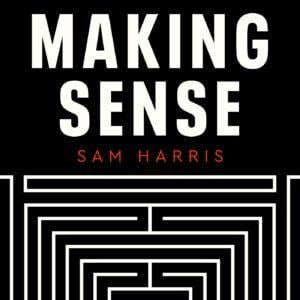
In this episode of the Hidden Brain podcast, titled “Success 2.0: The Psychology of Self-Doubt,” host Shankar Vedantam explores the corrosive force of self-doubt and its impact on our well-being. He speaks with psychologist Kevin Cochley, who studies the psychology of self-doubt and how it can be turned into an ally. Through conversations with accomplished individuals like Simone Biles, Viola Davis, and Michelle Obama, the episode delves into the complex dimensions of self-doubt and offers strategies for overcoming it.
Self-doubt is a corrosive force that can affect our well-being and make us doubt ourselves. It can manifest in various ways, such as worrying about misspeaking in front of a large audience. Imposter syndrome, a common form of self-doubt, is the feeling of being intellectually fraudulent despite accomplishments. Accomplished individuals like Viola Davis, Michelle Obama, and Maya Angelou have all experienced self-doubt, highlighting its prevalence even among successful people. Imposter feelings are not limited to specific professions and can be found in actors like Tom Hanks and writers like John Steinbeck.
The fear of failure and the pressure to prove oneself contribute to self-doubt. Upbringing and environment also play a significant role in the development of imposter syndrome. Competitive environments and the “modern minority myth” can exacerbate self-doubt, particularly among Asian American students. Imposter feelings can have different implications for men and women, with women’s GPA being more impacted by these feelings. It is crucial to recognize and challenge societal expectations that contribute to self-doubt.
Overcoming self-doubt and imposter syndrome requires recognizing and challenging negative self-talk. Reminding oneself of accomplishments and keeping a work diary can combat self-doubt by documenting successes. Transparency and vulnerability from managers can create a supportive environment that reduces imposterism in employees. Interventions and reframing setbacks help students see their potential and avoid being defined by their mistakes. Working hard, over-preparation, and using insecurities as a driver for motivation can combat self-doubt and imposter feelings.
Self-doubt can be seen as both a friend and an enemy. While it can save us from making bad decisions and being overly confident, it is essential to use self-doubt in a way that doesn’t compromise mental or physical health. Lack of self-doubt, especially in positions of power, can lead to terrible harm. On the other hand, self-doubt can fuel greatness and be used as a source of motivation. It is a delicate balance that requires humility and a realistic perspective on one’s abilities.
Self-doubt and imposter syndrome are complex phenomena that affect individuals across various fields and backgrounds. The podcast episode highlights the experiences of accomplished individuals and offers strategies for overcoming self-doubt. By recognizing and challenging negative self-talk, documenting successes, and promoting transparency, individuals can navigate self-doubt and use it as a source of motivation. Self-doubt, when managed appropriately, can fuel greatness without compromising mental or physical health.